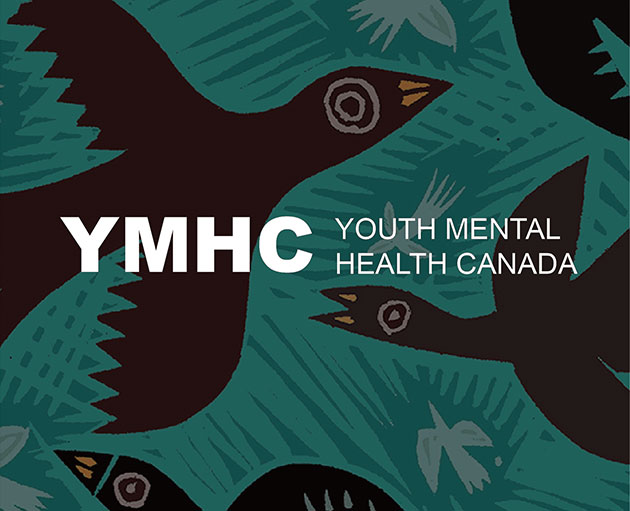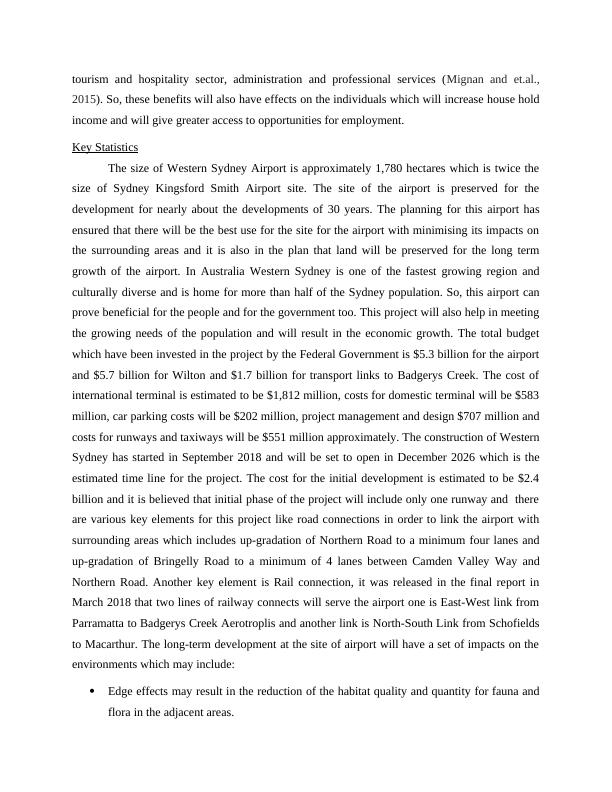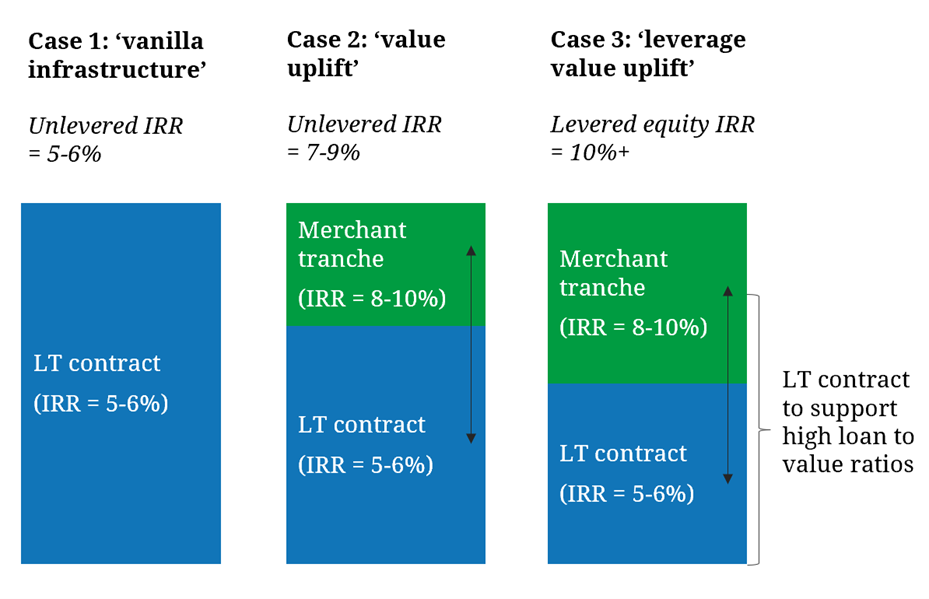Youth Mental Health In Canada: Recommendations From A Global Commission Report

Table of Contents
The Current State of Youth Mental Health in Canada
Prevalence of Mental Health Issues
The statistics surrounding youth mental health in Canada are alarming. A significant portion of young Canadians are struggling with anxiety, depression, and other mental health challenges. The Canadian Mental Health Association (CMHA) reports a concerning rise in these issues, particularly among adolescents. This isn't simply a matter of "teenage angst"; these are serious conditions requiring professional intervention.
- Prevalence Rates: Studies show that approximately 1 in 5 Canadian youth experience a mental health disorder each year. This includes a high prevalence of anxiety disorders (affecting roughly 1 in 4 youth), depression (affecting around 1 in 5 youth), and self-harm behaviors.
- Disparities in Access to Care: Access to adequate mental health care varies significantly across Canada. Youth from lower socioeconomic backgrounds, those in rural or remote communities, and those from marginalized cultural groups often face greater barriers to accessing timely and appropriate care. Indigenous youth, for example, experience disproportionately high rates of mental health challenges while facing significant systemic obstacles in accessing treatment.
Gaps in Access to Care
The current system struggles to meet the needs of Canadian youth facing mental health crises. Long wait times for appointments, high costs of treatment, and a shortage of qualified professionals, particularly child and adolescent psychiatrists, create significant obstacles.
- Geographic Barriers: Many rural and remote communities lack adequate mental health services for youth, forcing families to travel long distances for treatment, often incurring significant travel and accommodation expenses.
- Financial Barriers: The cost of therapy, medication, and other mental health services can be prohibitive for many families, particularly those with lower incomes. Insufficient public funding and limited private insurance coverage exacerbate this problem.
- Shortage of Professionals: A critical shortage of qualified mental health professionals, including child and adolescent psychiatrists, psychologists, and social workers, further hinders access to timely care, particularly in underserved areas. This contributes to longer wait times and limited availability of specialized services.
Key Recommendations from the Global Commission Report
The global commission report offers a comprehensive set of recommendations to address the youth mental health crisis in Canada. These recommendations focus on prevention, improved access to care, and addressing systemic inequities.
Early Intervention and Prevention
The report emphasizes the crucial role of early intervention and prevention strategies. Investing in these programs can significantly reduce the long-term impact of mental health challenges.
- School-Based Programs: Implementing comprehensive mental health programs in schools, providing education, early identification, and access to support services, is essential. This includes training teachers and staff to recognize warning signs and providing access to school counselors or psychologists.
- Community Initiatives: Community-based initiatives, such as youth-focused mental health awareness campaigns and support groups, are vital in promoting mental well-being and reducing stigma. These initiatives must be tailored to meet the specific needs of diverse communities.
- Parental Education: Equipping parents and caregivers with the knowledge and resources to support their children's mental health is crucial. This includes providing information on recognizing signs of mental health challenges and accessing appropriate resources.
Improving Access to Quality Care
The report strongly advocates for improving access to quality and affordable mental health services for youth. This requires a multi-faceted approach.
- Expanding Telehealth: Increasing access to telehealth services can overcome geographic barriers and improve accessibility for youth in rural and remote communities.
- Increased Funding: Significant increases in government funding for youth mental health programs are essential to expand services and reduce wait times.
- Training More Professionals: Investing in training and education programs to increase the number of qualified mental health professionals, particularly those specializing in youth mental health, is crucial to address the current shortage. This includes providing scholarships and loan forgiveness programs to incentivize students to enter the field. Streamlining referral processes and reducing administrative burden can also help expedite access to care.
Addressing Systemic Inequalities
The report highlights the need to address systemic inequalities that disproportionately affect certain groups of youth.
- Culturally Sensitive Services: Developing and delivering culturally sensitive mental health services that consider the unique needs and experiences of diverse populations, including Indigenous youth, is vital.
- Improving Access in Underserved Communities: Targeted interventions and community-based programs are needed to improve access to mental health care in underserved communities, including those with high poverty rates or limited access to transportation.
Implementing the Recommendations: A Call to Action
Translating the report's recommendations into action requires a collaborative effort at all levels. Individuals can contribute by educating themselves about youth mental health, reducing stigma, and supporting young people in their lives. Communities can establish and strengthen local support networks and advocate for improved access to services. Governments must invest in expanding resources, training professionals, and addressing systemic inequities.
Conclusion
The global commission report provides a crucial roadmap for improving youth mental health in Canada. Addressing the current challenges requires a multi-pronged approach that includes early intervention, improved access to quality care, and a concerted effort to eliminate systemic inequalities. By implementing the recommendations outlined in this report, we can create a future where all Canadian youth have the support they need to thrive. Let's work together to prioritize and improve youth mental health in Canada for a healthier and more hopeful tomorrow. Take action today: Learn more about available resources and advocate for policies that support youth mental health services in your community.

Featured Posts
-
 Poleodomiki Diafthora Mia Systimatiki Analysi Kai Odigoi Gia Tin Epanidrysi
May 03, 2025
Poleodomiki Diafthora Mia Systimatiki Analysi Kai Odigoi Gia Tin Epanidrysi
May 03, 2025 -
 7 Nuevos Vehiculos Para Mejorar La Operatividad Del Sistema Penitenciario
May 03, 2025
7 Nuevos Vehiculos Para Mejorar La Operatividad Del Sistema Penitenciario
May 03, 2025 -
 Ananya Panday Celebrates Riots First Birthday A Look At The Paw Ty
May 03, 2025
Ananya Panday Celebrates Riots First Birthday A Look At The Paw Ty
May 03, 2025 -
 Protivodeystvie Torgovle Lyudmi Itogi Vazhnogo Soveschaniya V Sogde
May 03, 2025
Protivodeystvie Torgovle Lyudmi Itogi Vazhnogo Soveschaniya V Sogde
May 03, 2025 -
 The Exclusive Truth About Finding A Rental In Milwaukees Competitive Market
May 03, 2025
The Exclusive Truth About Finding A Rental In Milwaukees Competitive Market
May 03, 2025
Latest Posts
-
 Belgiums Energy Landscape Financing Options For A 270 M Wh Bess Project
May 04, 2025
Belgiums Energy Landscape Financing Options For A 270 M Wh Bess Project
May 04, 2025 -
 Case Study Financing A 270 M Wh Bess In Belgiums Merchant Market
May 04, 2025
Case Study Financing A 270 M Wh Bess In Belgiums Merchant Market
May 04, 2025 -
 Risk Assessment And Mitigation In Financing A 270 M Wh Bess Project In Belgium
May 04, 2025
Risk Assessment And Mitigation In Financing A 270 M Wh Bess Project In Belgium
May 04, 2025 -
 Financial Models For A 270 M Wh Battery Energy Storage System Bess Project In Belgium
May 04, 2025
Financial Models For A 270 M Wh Battery Energy Storage System Bess Project In Belgium
May 04, 2025 -
 Investment Strategies For A 270 M Wh Bess In Belgiums Competitive Energy Market
May 04, 2025
Investment Strategies For A 270 M Wh Bess In Belgiums Competitive Energy Market
May 04, 2025
